Monkeypox Is Now A Global Health Emergency
Just when you were getting tired of dealing with COVID, a new health crisis has come along to make life even more miserable: MONKEYPOX!
Top News Today :
On Saturday, The New York Times reported that the World Health Organization (WHO) has declared monkeypox “a public health emergency of international concern.” Not only is this the strongest call to action the agency can make, but it’s only the 7th time since 2009 that such a declaration has been made (with COVID-19 being the last to hold the distinction).
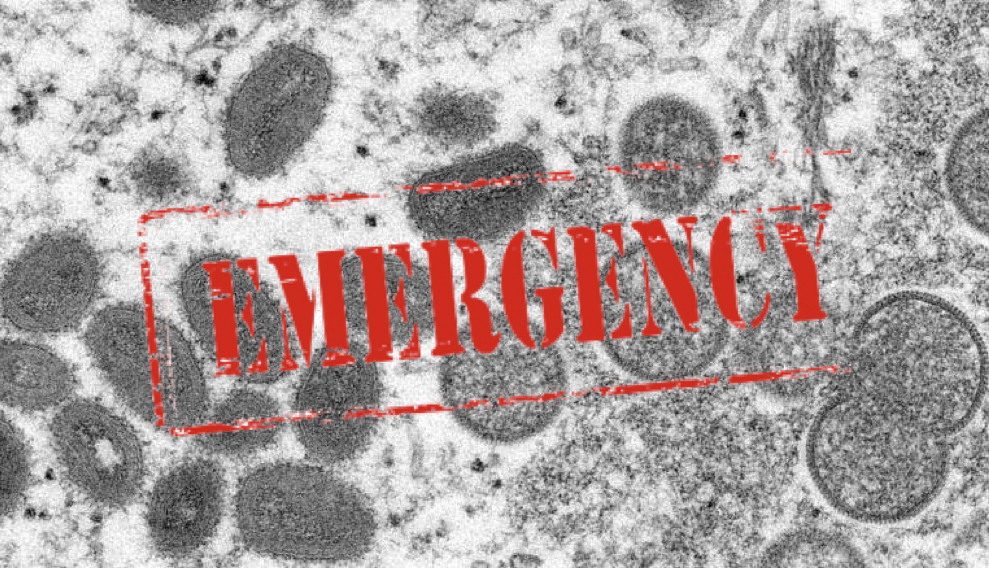
A public health emergency of international concern – or PHEIC – is defined by the WHO’s international health regulations as “an extraordinary event which is determined to constitute a public health risk to other states through the international spread of disease and to potentially require a coordinated international response.”
Too bad a “coordinated international response” is months behind by most nations.
Like HIV back in the 80s, monkeypox was originally ignored because it was considered to be a disease that only affected gay or bisexual men. However, that information could not be further from the truth as the disease is currently spreading like wildfire among all groups and without prejudice throughout the world.
Monkeypox was originally presumed to spread exclusively through prolonged skin-to-skin contact — such as kissing or extended sexual activity between 2 men (which caused anyone not having intimacy with gay or bisexual men to drop their guard). Regrettably, that information is incorrect and the disease is far more contagious and severe than first realized.
Interestingly, monkeypox can be contracted in more ways than previously reported. It can spread to anyone who has had contact with an infected animal following a bite, scratch, or by consuming uncooked animal meat. It can spread by inhaling respiratory droplets, by directly touching an infected person, or even via indirect contact — such as through clothes (including trying on clothes at a store that an infected person also previously wore) or laying on linens that have been in contact with fluid from sores. Even unknowingly being next to an infected person (on a plane, at a concert, etc.) for a prolonged period and inhaling their invisible respiratory droplets or making contact with their arm or leg can cause a spread.
A growing fear is that monkeypox may soon cause concern in places where there is common close physical contact, including gyms, homeless shelters, schools, and daycare centers.
“In short, we have an outbreak that has spread around the world rapidly through new modes of transmission about which we understand too little and which meets the criteria in the international health regulations,” Dr. Tedros Adhanom Ghebreyesus, the WHO’s director general, said at a press conference. “For all of these reasons I have decided that the global monkeypox outbreak represents a global health emergency of international concern.”
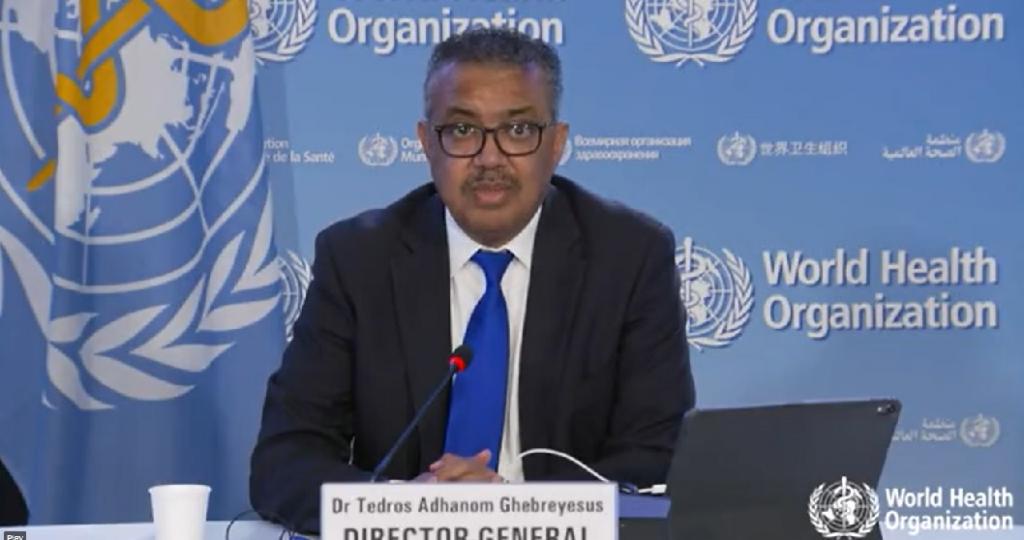
Although the risk is still considered “moderate” globally, he added that it is “high” in Europe and cautioned there is “a clear risk of further international spread”.
To date, there have been 16,016 monkeypox cases around the world — 4,132 of which were just in the past week alone, according to WHO data. It is now in 75 countries and territories and has already been the cause of 5 deaths.
“While we expected various skin problems and rashes, we also found that 1 in 10 people had only a single skin lesion in the genital area, and 15% had anal and/or rectal pain. These different presentations highlight that monkeypox infections could be missed or easily confused with common sexually transmitted infections such as syphilis or herpes.”
– Dr. John Thornhill, consultant physician in sexual health and HIV at Barts NHS Health Trust
So, what should you do if you suspect you might have monkeypox? If you are experiencing known symptoms such as headaches, muscle aches, swelling, back pain, swollen lymph nodes, extreme tiredness, or fever, you should consult your doctor immediately.
How might you know that you’ve almost assuredly contracted the virus? Typically within 1 to 5 days of infection, painful lesions and rashes will occur across the body including the hands, face, feet, eyes, mouth, and/or genitals. These will eventually turn into raised bumps and will form blisters. Some will also fill with white fluid before breaking and scabbing over. This fluid can be infectious.
If you have these symptoms or suspect that you may have contracted the virus you should isolate yourself from physical contact with others and seek medical attention immediately.
To avoid the disease and remain as safe as possible, the US Centers for Disease Control has recommended these precautions you can take:
- Wash your hands with soap and water regularly or use an alcohol-based hand sanitizer.
- Use personal protective equipment (PPE) when caring for anyone who is confirmed to be infected with the virus.
- Only eat meat that has been cooked thoroughly.
- Do not go near wild or stray animals, including dead animals, as well as animals that appear unwell.
- Do not eat or touch meat from wild animals.
- Do not share bedding or towels with anyone who might be unwell and may have the virus.
- Do not have close contact or engage in sexual activity with anyone who might be unwell and may have the virus.
Many nations around the world — including the US — have been lax in taking this new virus seriously. In the US alone, the existing monkeypox vaccine is in short supply and extremely difficult to get.
With that said, it is up to everyone to prevent monkeypox from becoming the global nightmare it could legitimately become. Stay safe!
OK WASSUP! discusses the Top News Today:
Monkeypox is now a global health emergency.

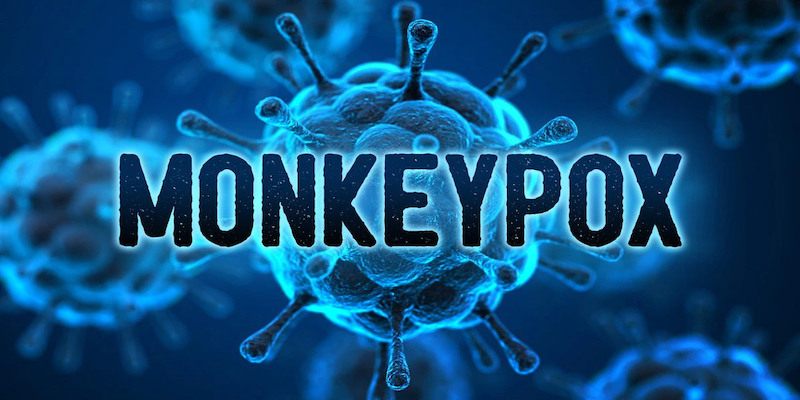
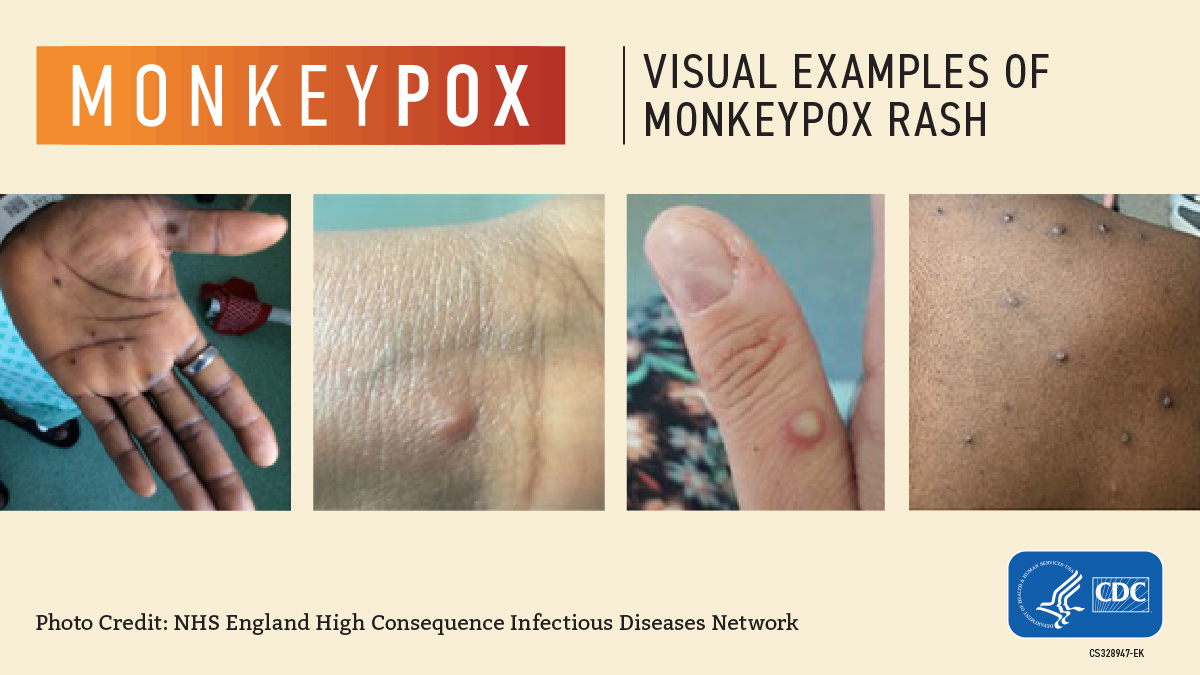
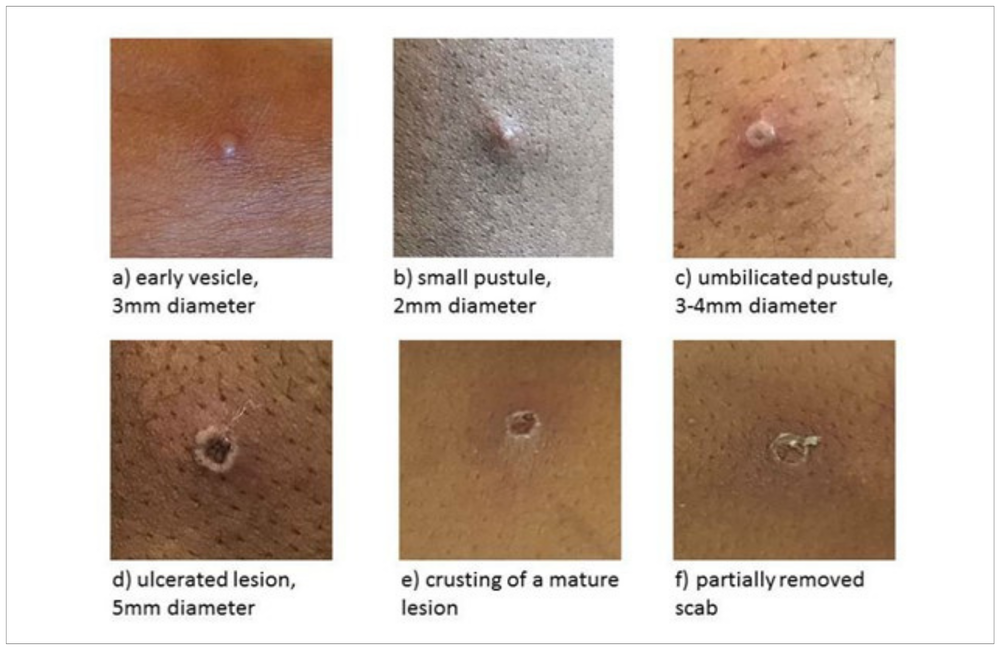
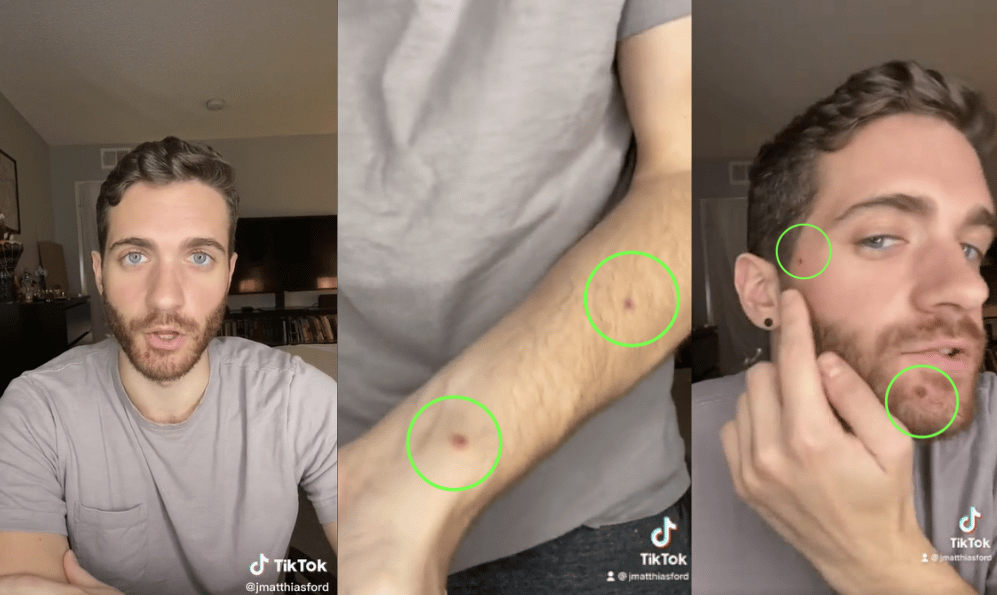
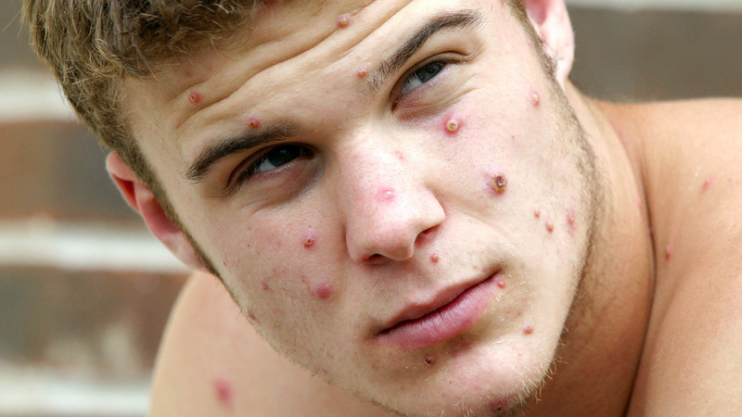
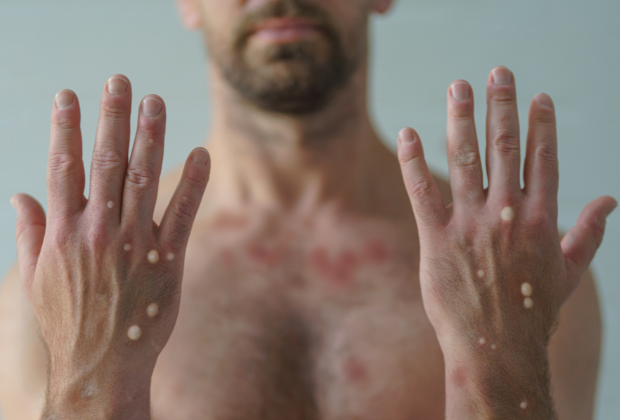





Somebody was telling me people in their forties and older that got the small pox shot in school back when we were kids are protected for life from monkeypox. I need to look into that and make sure it is real. But the world is going crazy these days. Maybe we should start paying attention to whatever message this is.